RIBA honours Pakistan’s first female architect for her post-retirement community-focused projects
RIBA has named Pakistan’s first female architect, Yasmeen Lari, as the recipient of the 2023 Royal Gold Medal – in recognition of her “post-retirement” work aiding under-privileged and disaster-hit communities and delivering environmentally friendly design solutions.
Lari was born in Dera Ghazi Khan, south-west of Lahore, in 1941. She moved to London with her family at the age of 15 and went on to study architecture at the then-Oxford Polytechnic, now Oxford Brookes University. She returned to Pakistan in 1964 with husband Suhail Zaheer Lari and established her own architecture firm, Lari Associates.
Since her retirement in 2000, Lari has focussed solely on humanitarian work, which has garnered significant international recognition. RIBA said her influence on the trajectory of architecture and humanitarian work in Pakistan had been “immeasurable”. It includes creating accessible, environmentally friendly construction techniques to help people below the poverty line and communities displaced by natural disasters and the impact of climate change.
Lari and her husband co-founded the Heritage Foundation of Pakistan in 1980. It has pioneered the design of self-build sustainable shelters and housing, creating 50,000 dwellings. She is also known for the design of the Chulah Cookstove, which is an eco-alternative to a traditional stove with significantly reduced emissions.
She now joins the ranks of previous Gold Medal recipients Balkrishna Doshi, David Adjaye, Zaha Hadid, Frank Gehry, Richard Rogers, Norman Foster, Frank Lloyd Wright and Sir George Gilbert Scott.
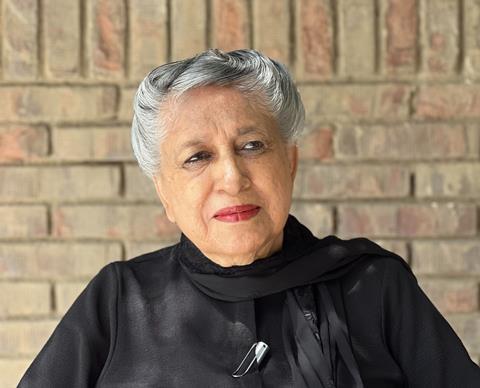
Lari said she was “surprised” and “totally delighted” to hear she was the recipient of the 2023 accolade.
“I never imagined that as I focus on my country’s most marginalised people – venturing down uncharted vagabond pathways – I could still be considered for the highest of honours in the architectural profession,” she said.
“RIBA has heralded a new direction for the profession, encouraging all architects to focus not only on the privileged but also humanity at large that suffers from disparities, conflicts and climate change.
“There are innumerable opportunities to implement principles of circular economy, de-growth, transition design, eco-urbanism, and what we call ‘barefoot social architecture’ to achieve climate resilience, sustainability and eco justice in the world.”
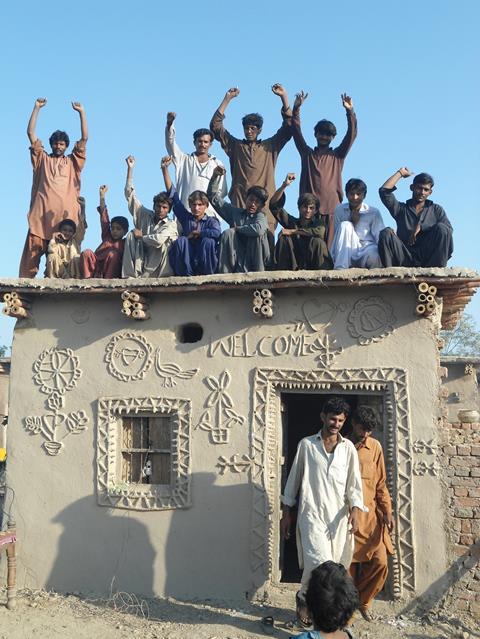
RIBA president Simon Allford said Lari was an “inspirational figure” who had moved from a large practice centred on the needs of international clients to focussing solely on humanitarian causes.
“Lari’s mission during her ‘second’ career has empowered the people of Pakistan through architecture, engaging users in design and production. She has shown us how architecture changes lives for the better,” he said.
“Lari’s work in championing zero-carbon and zero-waste construction is exemplary. She has reacted imaginatively and creatively making affordable projects that address the real and often urgent need for accommodation, and basic services, but with generosity and an eye for the potential of everyday materials and crafts to make architecture at all scales.
“Her way of working also sets out to address the physical and psychological damage caused by major natural disasters – disaster that sadly inevitably will be ever more prevalent in our densely populated and climate challenged planet.”
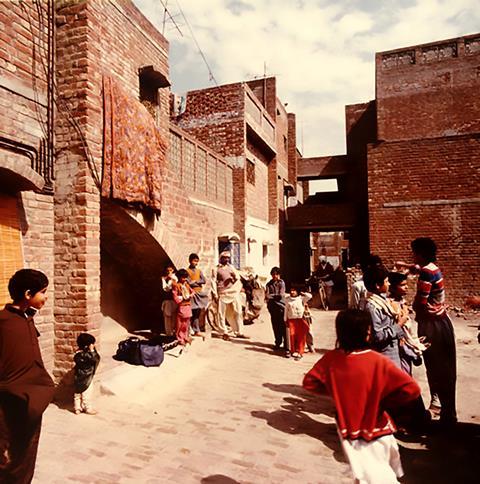
The 2023 Royal Gold Medal selection committee was chaired by Allford. It included RSHP senior partner Ivan Harbour; artist Cornelia Parker; London School of Architecture head Neal Shasore; and Walters & Cohen Architects partner Cindy Walters.
Lari is due to officially receive the Royal Gold Medal at a ceremony in June.
Yasmeen Lari: Official citation by the 2023 RIBA Honours Committee:
Having studied in the UK at Oxford Polytechnic (now Oxford Brookes), Yasmeen Lari took the decision to return to Pakistan where she became the country’s first female architect. She then overcame considerable challenges to establish her own commercially successful practice working for major government, business, and financial institutions.
Whilst recognising the importance of her role in practice, as a symbol of change in Pakistan, it is the work she has undertaken since her retirement in 2000 that the Royal Gold Medal celebrates.
In the last 23 years, Lari and the Heritage Foundation of Pakistan, which she founded with her husband, has reacted imaginatively and creatively to the physical and psychological damage that a number of major natural disasters – earthquakes, floods and conflicts – have inflicted on the people of Pakistan. Her work is distinguished by the fact that it has focused on developing robust, intelligent yet simple, architectural designs that allow those who are in distress to build for their own needs using the available debris of disaster. This is a very different, but also very relevant, model of re-use and reinvention that engages and empowers.
Continuing to test the potential of this architectural activity further, Lari has developed and shared a design-and-construct self-build model for shelters, using readily available bamboo to create economical and beautiful braced frames for inhabitation. This is a model of structure and enclosure that fulfils the need for long life, loose fit, and in her case zero-carbon architecture. There is an inherent generosity in Lari’s architectural activity that responds to need, helps communities develop artisanal skills and always utilises available resource.
Lari’s design for 60,000 Chulah Cookstoves structures are a self-build version of the traditional Pakistani stove that enhances food preparation, hygiene and quality while creating a place for community. Always working to empower the most challenged communities at the most difficult times, Lari has most recently developed designs for a system that allows the construction of 100 emergency shelters in four days.
Now working on the repair and regeneration of a key district of historic Lahore, Lari’s work builds on her commitment to recycling materials and buildings. This suggests another model of conservation and builds on the promise of her important early work in Lahore: the Anguri Bagh housing scheme.
Lari’s vital contribution identifies different ways of working which suggest how the international architecture profession can play an ever more useful role in helping communities to help themselves, while also responding to climate change.
It is Lari’s focus on architecture as a complete and vital social, cultural, economic and aesthetic model, as well as her mantra of “low cost, zero-carbon, zero-waste” that makes her hugely relevant to all who practice today.









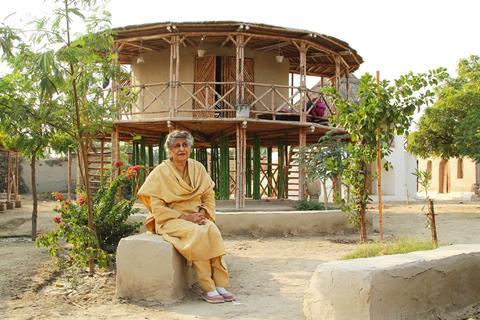

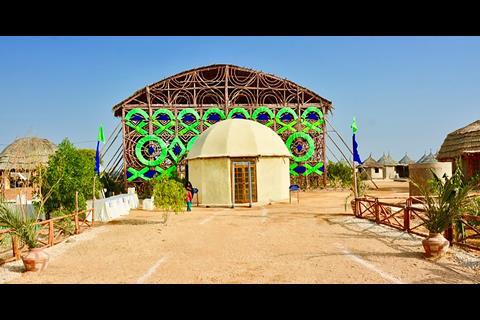
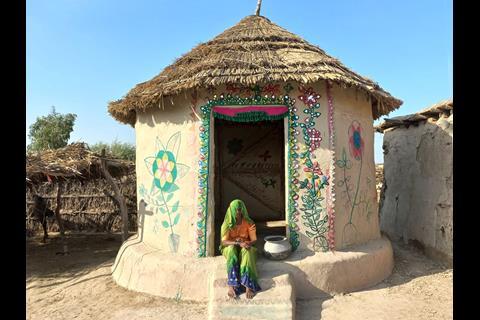
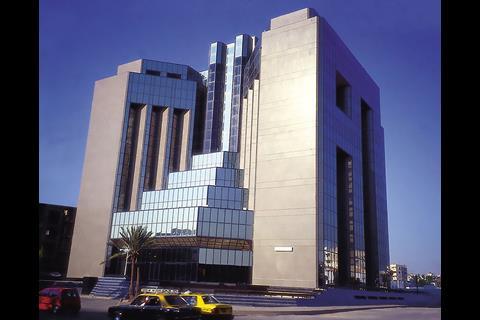
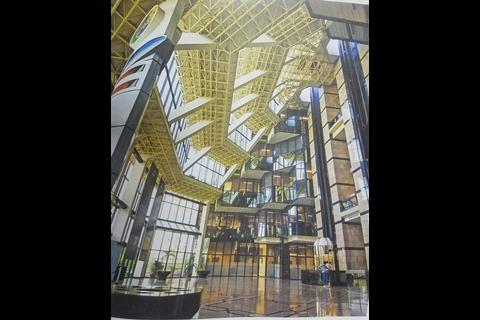
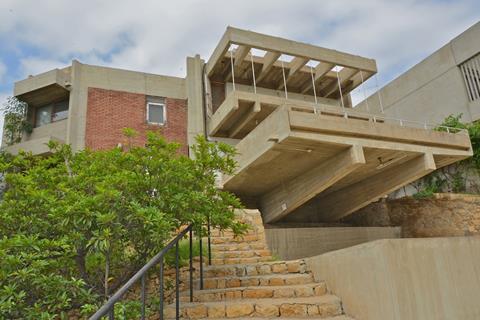

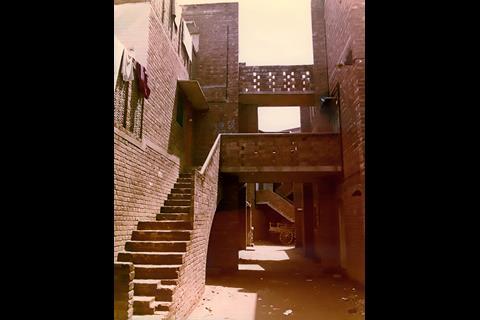
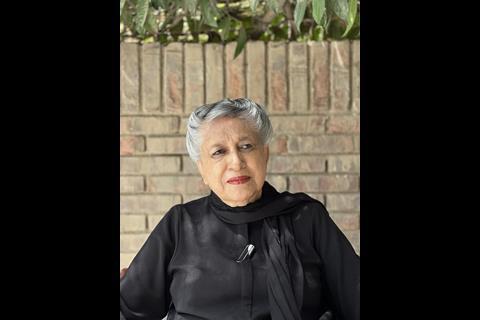







1 Readers' comment